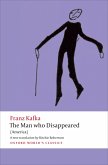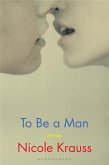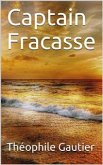The name Herman Melville is synonymous with the pinnacle of American literary achievement, and many regard his novel Moby-Dick as the quintessential work of American fiction. In The Confidence-Man, Melville's final major novel, the author explores the motivations, travails, and personalities of a group of boat passengers en route to New Orleans, as well as the mysterious trickster figure who riles things up at the margins of the group.
Dieser Download kann aus rechtlichen Gründen nur mit Rechnungsadresse in A, B, BG, CY, CZ, D, DK, EW, E, FIN, F, GR, HR, H, IRL, I, LT, L, LR, M, NL, PL, P, R, S, SLO, SK ausgeliefert werden.










